If knee pain or stiffness is holding you back from sports, fitness, or daily activities, knee cartilage repair in Ghaziabad at Amicare Hospital can restore your mobility and confidence. Helping athletes, sports lovers, and active people throughout Ghaziabad and Delhi NCR. Amicare is led by Dr. Himanshu Gupta, an orthopedic expert with over 10 years of experience and advanced training in Germany, Singapore, and Japan. With more than 1000 successful knee procedures and a 95% success rate, our team uses cutting-edge technology and personalized care plans to address knee cartilage damage. Whether you’re a cricketer, runner, or someone seeking relief from knee cartilage pain, Amicare is your trusted sports injury centre and continues to support active individuals across Delhi NCR with trusted orthopedic care tailored to every stage of knee recovery.
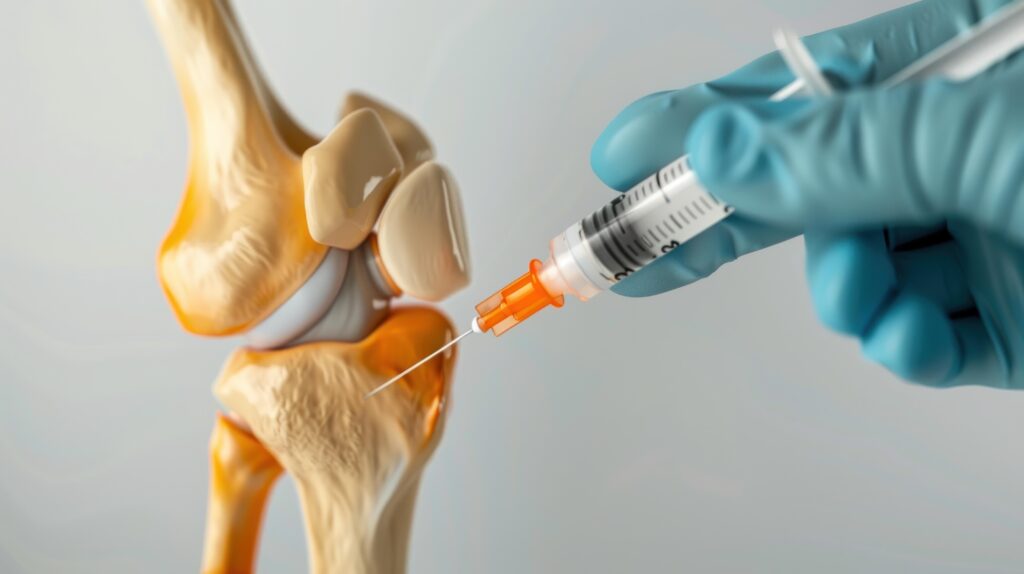
Knee cartilage repair is a specialized treatment to fix or regenerate the soft tissue that cushions your knee joint, which can wear out due to sports injuries, aging, or overuse. This knee cartilage acts like a shock absorber, and when damaged, it leads to pain and limited movement. At Amicare Hospital, we employ minimally invasive techniques, including cartilage reconstruction and knee cartilage regeneration, to restore knee function effectively. The American Orthopaedic Society for Sports Medicine reports that cartilage injuries affect millions globally, with athletes in high-impact sports like soccer and basketball being particularly vulnerable. Our approach offers a faster recovery than traditional surgery, making it ideal for active lifestyles.
Dr. Gupta uses an arthroscopic knee procedure—a tiny camera—to view the knee and guide repairs. This could involve stitching knee cartilage tears, smoothing damaged areas, or using techniques like microfracture to promote knee cartilage regeneration. The procedure typically lasts 1–2 hours under anesthesia, with most patients discharged the same day or after a 1–2 day stay for monitoring.
This approach establishes cartilage repair as a preferred solution for effective knee care.


Persistent discomfort during movement or after resting for long periods.

Trouble bending or straightening the knee completely.

A catching or locking sensation, common in sports-related injuries.

An accurate diagnosis is the foundation of successful cartilage repair. Our approach includes:
Our state-of-the-art diagnostic tools ensure accurate knee cartilage treatment, reducing the chance of misdiagnosis.
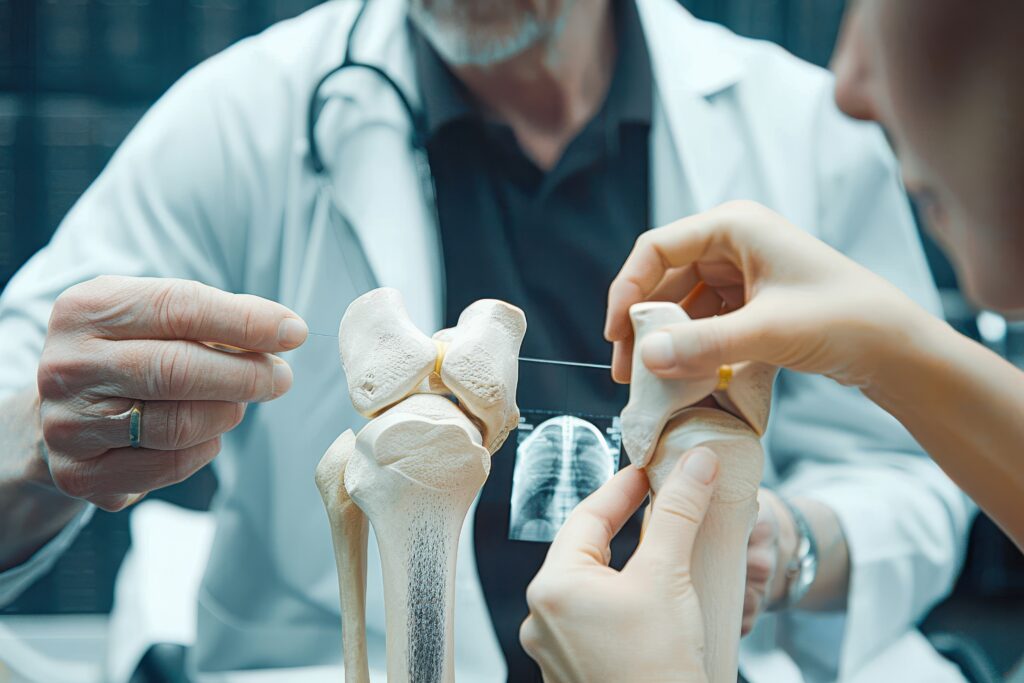
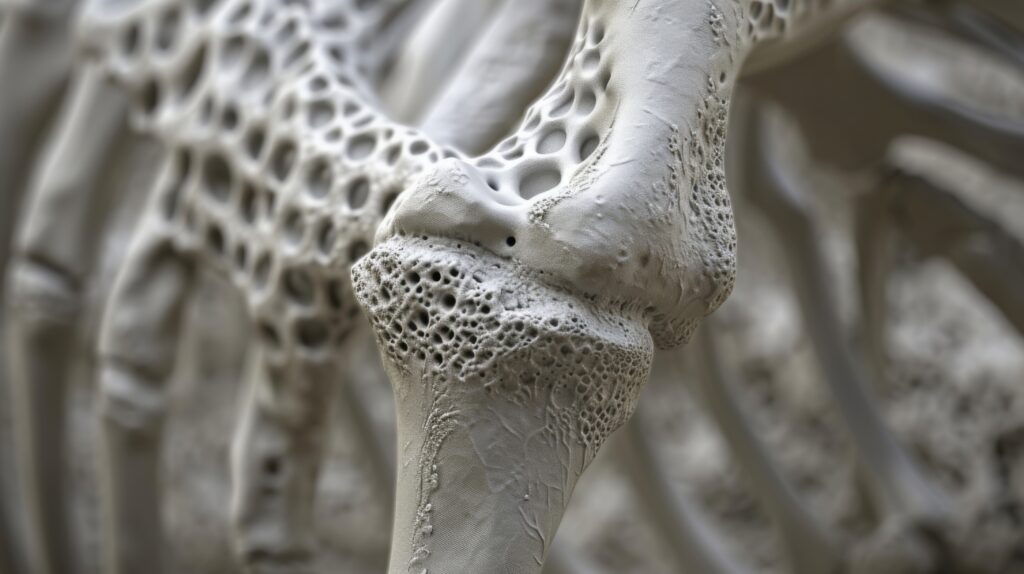
Knee cartilage damage can occur due to various sources, affecting your knee health over time.
Understanding these causes allows Amicare to adapt treatment to your lifestyle, whether you’re a patient or a casual walker.
At Amicare, we focus on personalized care tailored to each patient’s needs. Our expert team evaluates your condition thoroughly and creates a treatment plan that works best for you. Whether it’s advanced surgical intervention or effective non-surgical methods, we ensure the right path for faster recovery and long-term health.
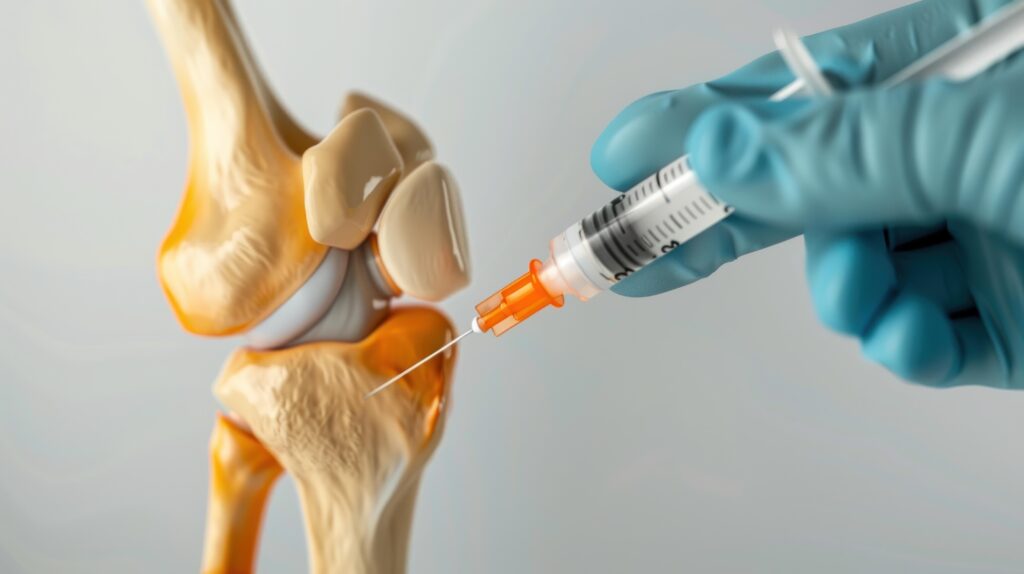

Selecting the appropriate treatment for cartilage repair depends on your needs. Our team provides this comparison:
Treatment | How It Works | Best For | Recovery Time | Benefits | Limitations |
Knee Cartilage Surgery | Repairs or reconstructs cartilage | Severe tears or damage | 6–12 months | Long-term joint health | Requires surgery |
Microfracture | Stimulates new cartilage growth | Small damage areas | 6–9 months | Natural regeneration | Limited to small areas |
PRP Therapy | Enhances healing with injections | Mild damage, early stage | 1–3 months | Non-invasive, quick relief | Less effective for severe cases |
Physical Therapy | Strengthens supporting muscles | Minor issues, prevention | 2–4 months | Improves stability | Not a cure for damage |
Insight: For athletes with sports injuries or microfracture provides lasting relief, supported by Amicare’s 95% success. Non-surgical knee cartilage repair without surgery suits early-stage knee cartilage pain.
Amicare sets the standard for knee cartilage repair with:
Dr. Gupta’s skill with these technologies ensures top-notch knee cartilage treatment.
Recovery from cartilage repair varies by treatment. Amicare’s personalized plans include:
After returning to activity, maintain knee health with regular stretching, strength training, and proper footwear. Amicare offers follow-up sessions to ensure long-term success, especially for those with a history of common sports injuries.
Amicare Hospital, recognized as the best sports injury centre in Ghaziabad, has served over 750 athletes in Delhi NCR. Here’s why we stand out
Structured rehabilitation ensures safer recovery and improves long-term knee health after injury.

Cartilage repair costs depend on damage severity, treatment type, technology used, hospital stay, and extra services.
Cartilage repair costs depend on damage severity, treatment type, technology used, hospital stay, and added services like physiotherapy or PRP. Amicare provides transparent, personalized, and affordable knee care.

Prevent knee cartilage damage by warming up, strengthening with squats/lunges, using proper techniques, wearing supportive shoes, and taking rest days to avoid overuse.
Prevent knee cartilage damage with these simple steps:

Protect knee cartilage with consistent low-impact exercises, muscle strengthening, and healthy training habits to reduce stress.
To protect your knee cartilage and maintain joint health over time, consistency is key. Incorporate low-impact exercises such as yoga, swimming, or cycling into your weekly routine to enhance flexibility and reduce joint stress. Focus on strengthening the muscles around the knee, especially the quadriceps and hamstrings, to support cartilage function.
Small changes in your lifestyle, technique, and training habits can go a long way in preventing cartilage damage and delaying joint degeneration.

Cartilage repair costs depend on damage severity, treatment type, technology used, hospital stay, and extra services. Amicare ensures transparent pricing, tailored care, and financial-friendly solutions for every patient.
The cost of cartilage repair varies based on the severity of the damage and the treatment method:
At amicare, we offer transparent pricing, customized treatment plans, and support to ensure knee cartilage care fits your medical and financial needs.

Prevent knee cartilage damage by warming up, strengthening with squats/lunges, using proper techniques, wearing supportive shoes, and taking rest days to avoid overuse.
Prevent knee cartilage damage with these simple steps:

Protect knee cartilage with consistent low-impact exercises, muscle strengthening, and healthy training habits to reduce stress, enhance flexibility, and prevent long-term joint damage.
To protect your knee cartilage and maintain joint health over time, consistency is key. Incorporate low-impact exercises such as yoga, swimming, or cycling into your weekly routine to enhance flexibility and reduce joint stress. Focus on strengthening the muscles around the knee, especially the quadriceps and hamstrings, to support cartilage function.
Small changes in your lifestyle, technique, and training habits can go a long way in preventing cartilage damage and delaying joint degeneration.
Knee cartilage repair fixes or regenerates knee cushioning tissue using a small camera and tools. At Amicare, Dr. Gupta performs this in 1–2 hours, often with a same-day discharge.
The cost depends on the severity of the damage, the type of treatment, and the use of advanced technologies. Amicare provides transparent estimates during consultation.
It has limited natural healing; severe loss of cartilage in knee often needs Amicare’s treatments like microfracture or PRP.
Yes, knee cartilage surgery at Amicare is safe with a <1% infection risk, thanks to Dr. Gupta’s expertise and advanced care.
Recovery for cartilage repair ranges from 1–3 months (non-surgical) to 6–12 months (surgery) with Amicare’s rehab support.
Amicare, the best sports injury centre in Ghaziabad and across Delhi NCR, offers Dr. Gupta’s 95% success rate, robotic tech, and customized plans for athletes.
Yes, 95% of Amicare patients return to sports within 6–12 months after cartilage repair with proper rehab.
Don’t let knee pain hold you back. At Amicare Hospital, we offer specialized knee cartilage repair in Ghaziabad, combining advanced techniques and personalized care. Led by Dr. Himanshu Gupta, our team helps athletes and active individuals recover stronger and return to the activities they love. Take the first step toward lasting joint health today.









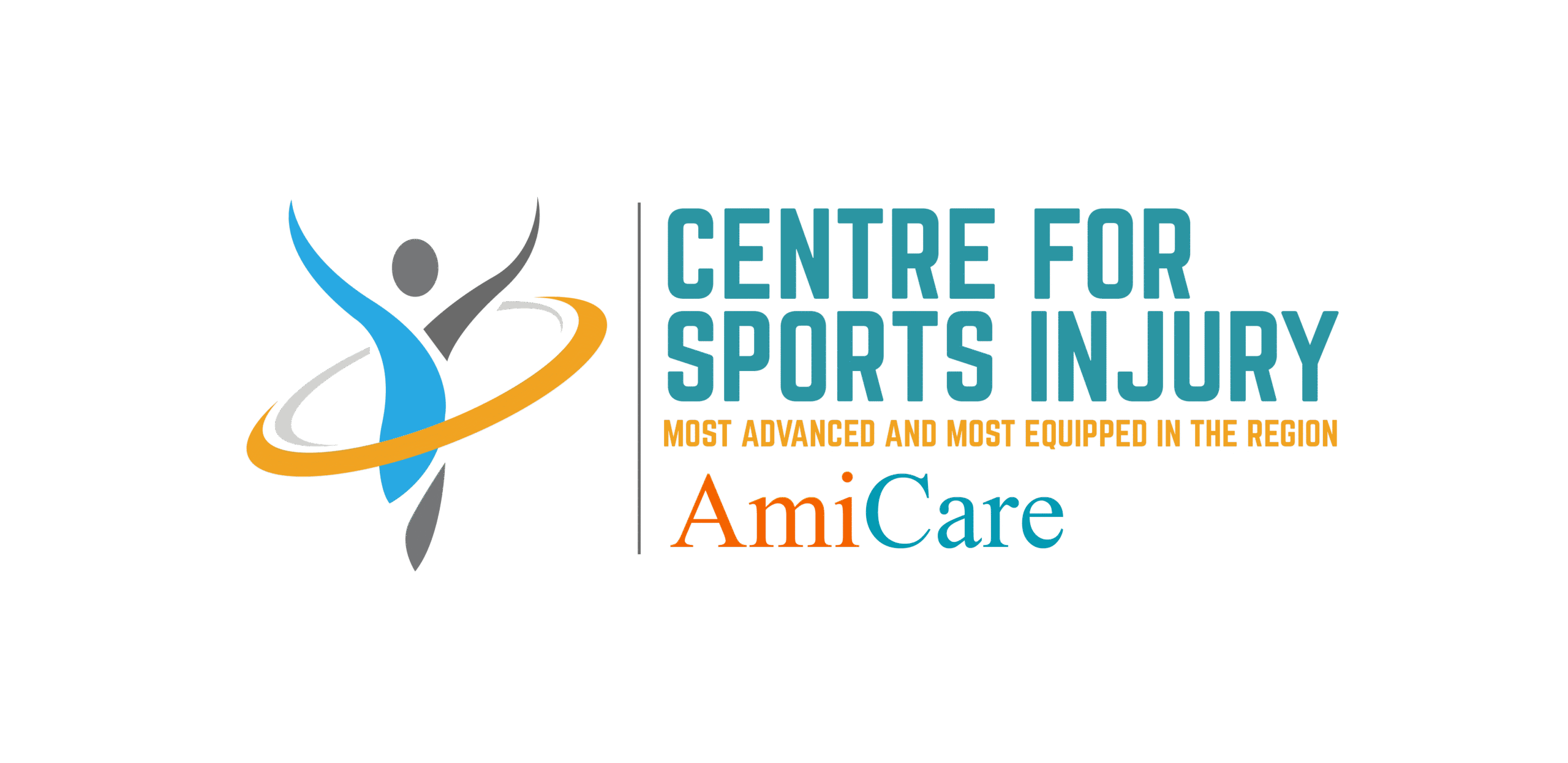
Recover faster, play stronger. Advanced care for ACL tears, shoulder dislocations, ligament injuries, and more — all under expert hands and cutting-edge technology.